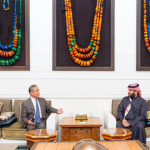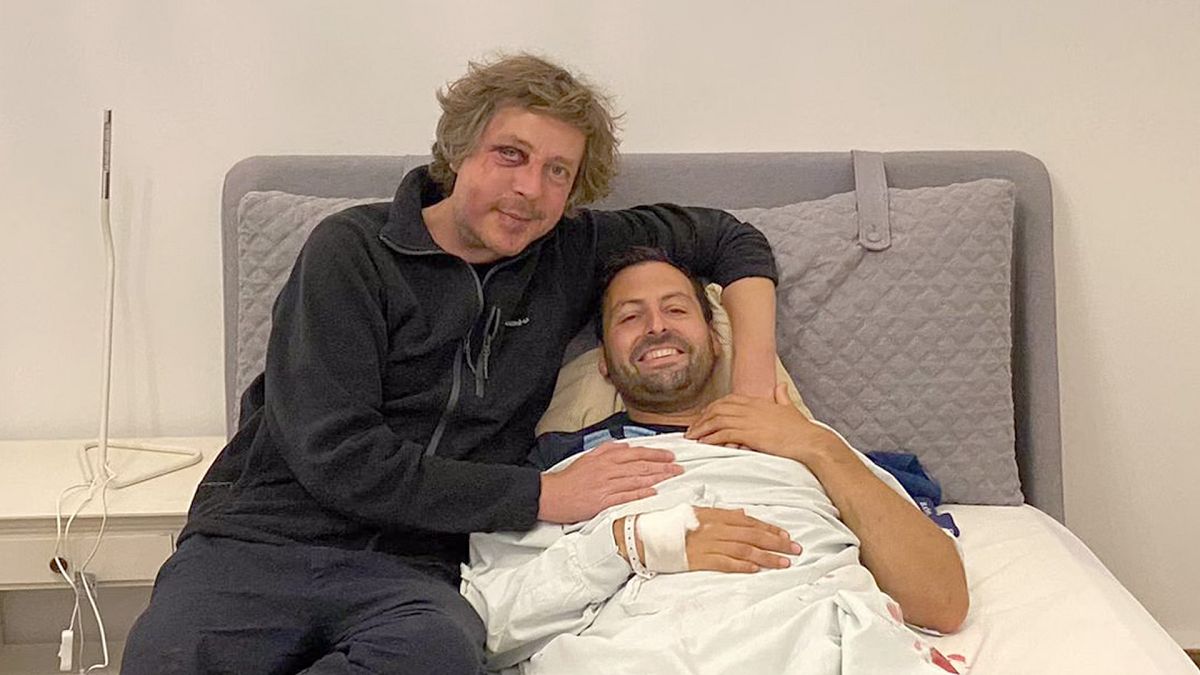Belgian journalists Robin Ramaekers and Stijn De Smet were attacked by a group of men in Beirut, resulting in Ramaekers being hospitalized for facial injuries and De Smet being treated for gunshot wounds. The incident took place after the two journalists, working for the Flemish independent broadcaster VTM, were accused of being spies by a group of men while trying to cover an explosion in central Beirut. They were wearing press vests at the time of the attack, but this did not deter the men from assaulting them.
Belgium’s Foreign Minister Hadja Lahbib stated that efforts are being made to evacuate Ramaekers and De Smet “as soon as possible” once their condition allows it. The journalists, along with their fixer, were taken to a basement, where they were beaten and questioned for hours after the attack. De Smet was shot twice in the leg, while Ramaekers sustained injuries to his face. Despite the physical and emotional toll of the incident, Ramaekers expressed gratitude for being in a safe place and awaiting an evacuation flight back home.
The attack on the Belgian journalists highlights the dangers faced by members of the media while reporting from conflict zones. The incident serves as a reminder of the risks journalists take to bring news and information to the public, often facing violence and intimidation in the process. The Belgian press has expressed concern over the safety of journalists working in volatile regions, calling for increased protection and support for reporters in the field.
The assault on Ramaekers and De Smet in Beirut has sparked outrage and condemnation from the international community, with many calling for justice and accountability for the perpetrators. The incident has also raised questions about the safety protocols and measures in place to protect journalists working in hostile environments. Governments and media organizations are being urged to prioritize the safety and well-being of journalists, ensuring that they can carry out their work without fear of violence or reprisal.
As Ramaekers and De Smet await repatriation back to Belgium, their ordeal serves as a stark reminder of the risks faced by journalists in conflict zones. The attack in Beirut is a sobering example of the dangers of reporting in volatile regions, where journalists are often targeted for simply doing their jobs. The international community must come together to condemn such violence and ensure that journalists can work safely and without fear of retaliation in all corners of the world.
In conclusion, the assault on journalists Robin Ramaekers and Stijn De Smet in Beirut underscores the importance of protecting press freedom and ensuring the safety of reporters in conflict zones. The incident serves as a wake-up call for governments, media organizations, and the public to prioritize the safety and well-being of journalists. As the journalists await evacuation back to Belgium, their story serves as a powerful reminder of the risks faced by those who seek to bring news and information to the world, often at great personal cost. It is crucial that we stand in solidarity with journalists everywhere and work towards creating a safer and more supportive environment for those who risk their lives to keep us informed.











